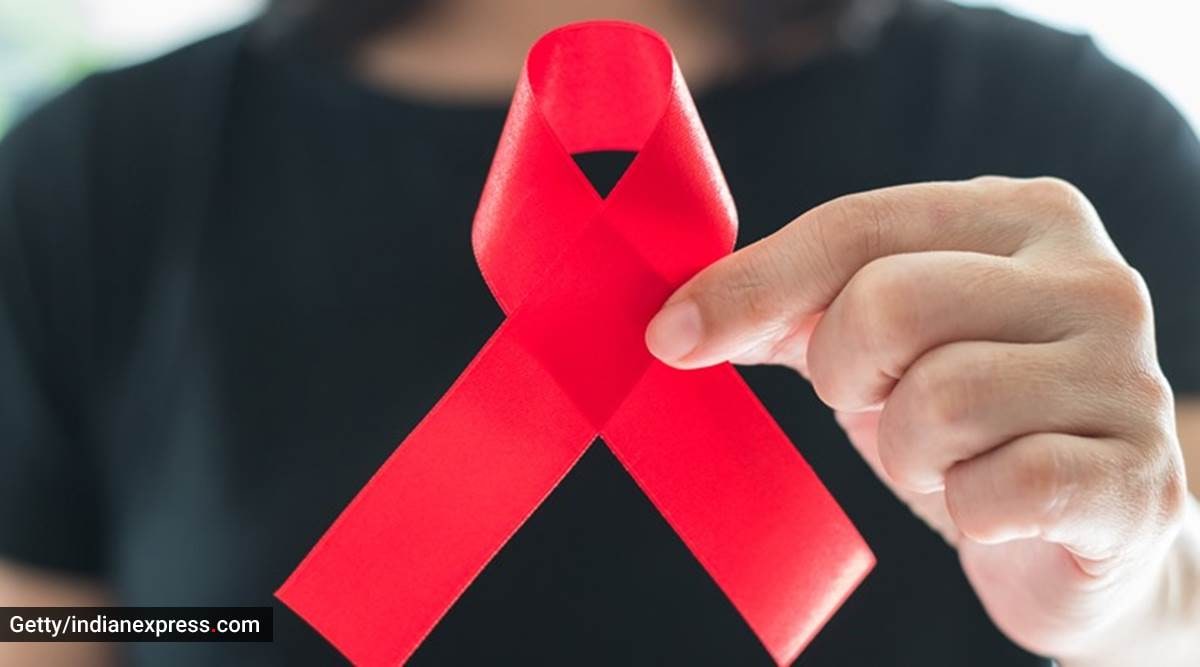"Immuno-suppression associated with HIV often leads to a range of gynaecological issues that need to be tackled appropriately," says Dr Geeth Monnappa of Fortis La Femme Hospital, Bengaluru

As per the 2019 report on HIV estimates by the Government of India it is estimated that at least 23.49 lakh people are currently living with HIV/AIDS. However, the report also states that the epidemic is witnessing a decline in its trend by 37 per cent since 2010 and 2019.
Even though the rates of new infections and deaths related to HIV and AIDS have been on a decline since 2010, the stigma associated with the condition remains, leading to the infected individuals being denied necessary treatment.
“Immunosuppression associated with HIV often leads to a range of gynaecological issues that need to be tackled appropriately,” Dr Geeth Monnappa, a gynaecologist at Fortis La Femme Hospital, Bengaluru, tells indianexpress.com. She lists out some of the most common conditions that afflict HIV/AIDS patients.
Sexually transmitted infections and vaginal infections
STIs such as genital herpes which often translates into painful genital ulcers or even genital warts due to HPV infection and other such infections such as syphilis and pelvic infections are more common in HIV-positive women. “These infections are often difficult to treat in women with HIV, and if left untreated, they increase the risk of transmission of the disease to the unaffected partners,” says Dr Monnappa.
The doctor also points out that women with HIV have higher chances of contracting vaginal yeast infections such as bacterial vaginosis and trichomonal infections. If you face any abnormal white discharge, then it should be brought to the notice of the gynaecologist.
ALSO READ | World AIDS Day 2020: A doctor debunks top five myths about the virus and its transmission
Cervical cancers and precancerous lesions
“Cervical cancer is caused by the Human papillomavirus. HPV infections occur more frequently in HIV-positive individuals and tend to persist, thus increasing their risk of precancerous cervical lesions and cervical cancer,” says the gynaecologist. Always opt for regular pap smears which allow prompt detection and treatment of pre-cancerous lesions and help in detecting the cases of cervical cancer in early stages, thereby improving a woman’s rate of survival.
Contraception
The importance of contraception to prevent unwanted pregnancy and transmission of diseases can’t be more stressed upon. “Condoms are the only available method of contraception that prevents the transmission of HIV to an unaffected partner. Adding to it is another form of contraception, which includes birth control pills or intrauterine devices for prevention of unwanted pregnancy,” explains Dr Monnappa. Make sure that you discuss this with your gynaecologist and weigh in on the pros and cons.
ALSO READ | World AIDS Day 2020: HIV AIDS care amid COVID-19 pandemic
Menstrual irregularities and menopause
HIV-positive women tend to experience menstrual irregularities more often. “Women can experience prolonged periods of amenorrhea or lack of period despite a good ovarian function,” says the doctor. Young HIV-positive women could face menopause early on in their lives.
Not only that, Dr Monnappa points out that there is “substantial evidence that women with HIV tend to have accelerated bone loss and are more likely to have osteoporosis along with the incidence of cardiovascular events and cognitive disorders.”
For more lifestyle news, follow us: Twitter: lifestyle_ie | Facebook: IE Lifestyle | Instagram: ie_lifestyle
Source: Read Full Article
